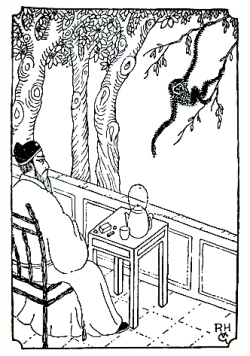A home without books is a body without soul.
If you have a garden and a library, you have everything you need.
Cultivation to the mind is as necessary as food to the body.
There are more men ennobled by study than by nature.
What nobler employment, or more valuable to the state, than that of the man who instructs the rising generation?
The authority of those who teach is often an obstacle to those who want to learn.
Knowledge which is divorced from justice, may be called cunning rather than wisdom.
I am not ashamed to confess that I am ignorant of what I do not know.
Brevity is a great charm of eloquence.
Silence is one of the great arts of conversation.
Orators are most vehement when their cause is weak.
If we are not ashamed to think it, we should not be ashamed to say it.

